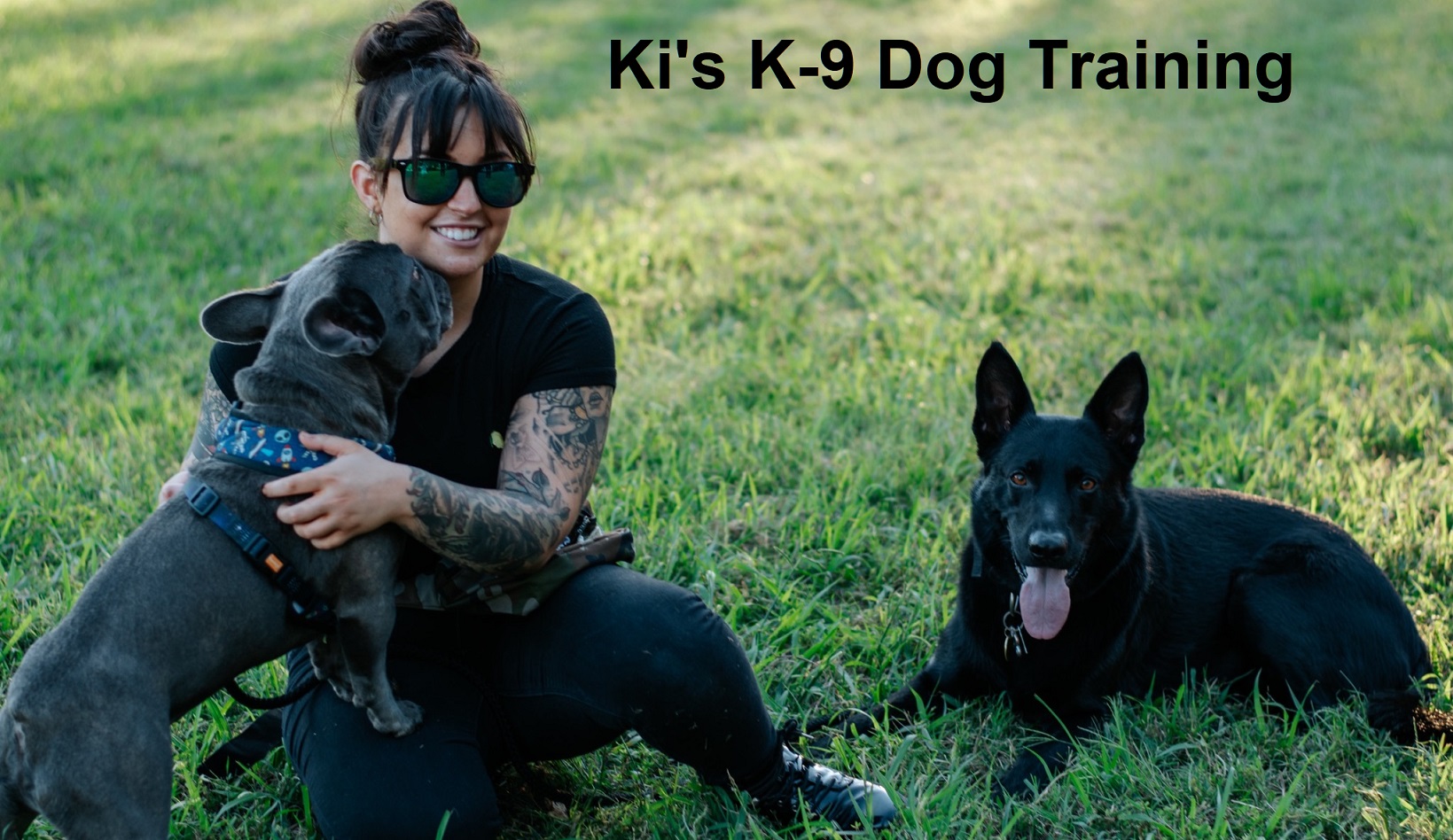Crucial Pet Educating Strategies for a Life Time of Good Behavior
Reliable dog training is foundational to cultivating a well-behaved friend that enriches our lives. Recognizing canine behavior and using socializing techniques can protect against prospective concerns before they occur.
Recognizing Canine Habits
Additionally, understanding the innate instincts and drives of a dog-- such as prey drive, social interactions, and territorial actions-- allows fitness instructors to expect and handle particular actions. A canine with a strong target drive might need different strategies than one that is extra socially inclined.
In addition, very early socialization and direct exposure to numerous atmospheres substantially influence a dog's actions and character. Positive experiences throughout important developmental durations can bring about well-adjusted adult dogs, whereas adverse experiences may result in anxiousness or hostility.
Positive Support Methods
Amongst the different dog training strategies, positive reinforcement approaches stand apart for their performance and capability to strengthen the bond in between dog and instructor (Ohana K9 Academy). This method stresses satisfying desired habits as opposed to punishing unwanted ones, promoting an extra cooperative and relying on relationship
Favorable support can take many types, consisting of deals with, appreciation, toys, or playtime. The key is to give instant incentives when the pet exhibits the desired habits, enabling them to make the connection in between the activity and the favorable result. If a pet rests on command, providing a reward right away strengthens that habits, making it much more likely to be repeated.
Consistency is critical in favorable support training. Instructors must utilize the exact same hints and rewards to avoid perplexing the pet. In addition, differing the benefits can maintain the dog's passion and inspiration, transitioning from regular treats to periodic appreciation or play as the canine masters the behavior.

Standard Command Training
Structure on the structure developed via positive support methods, fundamental command training works as an important step in establishing a well-mannered canine. This training generally incorporates vital commands such as "sit," "remain," "come," and "down - Ohana K9 Academy." Each command plays a vital duty in fostering reliable communication in between the canine and its proprietor, enhancing the general bond
Begin with brief, concentrated image source sessions lasting no even more than 5 to 10 minutes to preserve your pet dog's focus. Make use of high-value treats as rewards, making sure the pet links correct behavior with positive results.
Perseverance is crucial; canines may need many reps to realize commands totally. Progressively increase the complexity by introducing variants or interruptions when your pet dog dependably reacts. Routine method strengthens discovered commands, strengthening them in your pet dog's habits collection. Eventually, fundamental command training not only promotes obedience but also enhances safety and facilitates enjoyable communications throughout strolls and playtime, preparing for more advanced training techniques in the future.
Socializing Strategies
In the world of pet dog training, socialization strategies are crucial for growing a well-adjusted and confident canine companion. Reliable socialization involves revealing your canine to a variety of settings, people, and various other pets in a controlled and favorable way. The primary goal is to help your pet establish a comfort degree with diverse experiences, which can dramatically minimize fear and anxiousness in unknown situations.
Begin socializing during the important developmental home window of 3 to 14 weeks, when puppies are most responsive to new read what he said experiences. Present your dog to various settings, such as parks, metropolitan locations, and homes with other pet dogs. Guarantee these experiences are positive by utilizing treats and appreciation to enhance etiquette.
Group training courses are an excellent method to reveal your canine to various other dogs and people in an organized environment. This permits monitored communications, assisting your pet dog learn suitable social signs. Normal outings and playdates with courteous pets can even more improve social abilities.
Addressing Behavioral Problems
Resolving behavior problems in pets is an important facet of training that requires a systematic technique and understanding of canine habits. Usual problems such as barking, eating, aggression, and anxiety can stem from various variables, including lack of socializing, inadequate workout, or also clinical concerns.

Additionally, developing an organized routine that consists of routine exercise and psychological stimulation can significantly relieve behavior issues. For circumstances, interactive toys can maintain a pet dog engaged additional resources and lower damaging propensities. In cases of extreme aggression or anxiousness, consulting with a specialist canine instructor or a veterinary behaviorist might be necessary.
Final Thought
In final thought, reliable pet training techniques, including positive reinforcement, fundamental command training, and socialization, are crucial for cultivating excellent actions throughout a canine's life. Attending to behavior problems with an organized strategy not just boosts obedience yet additionally reinforces the bond in between pets and their proprietors.